Navigating the World of Electronic Supply Stores: Your Ultimate Guide
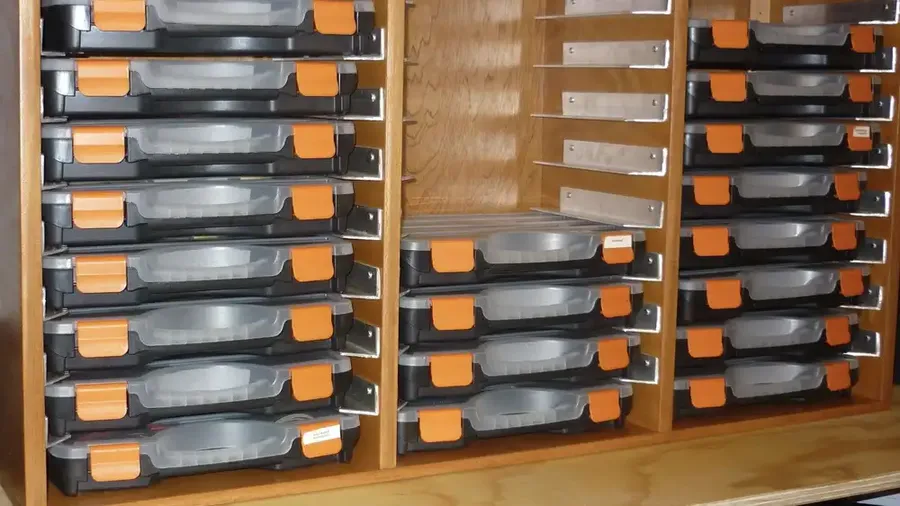
In today's interconnected world, the demand for electronic components is ever-growing. Whether you're a hobbyist building your next project or a professional seeking reliable parts, accessing a quality electronic supply store is crucial. This article delves into the landscape of electronic supply stores, guiding you through the process of finding the right supplier for your needs, and where to find a great selection of quality electronic parts. We'll cover online options and local stores, as well as delve into how to choose the right supplier.
Understanding the Needs of an Electronic Supply Store

A well-regarded electronic supply store must effectively cater to a diverse clientele, ranging from hobbyists and students to professional engineers and large-scale manufacturers. Meeting their varying needs necessitates a balance of inventory breadth, component quality, responsive customer service, and competitive pricing, all of which contribute to a store's overall utility and reputation.
The needs of an electronic supply store's customers can be broadly categorized into several key areas:
- Inventory Breadth and Depth
A comprehensive inventory is crucial, encompassing a wide range of components (resistors, capacitors, ICs, connectors, etc.) and sufficient stock to meet fluctuating demands. Hobbyists may seek basic components while businesses often require specialized and high-volume parts. - Component Quality and Reliability
The quality of components directly impacts the performance and reliability of projects or products. Stores must source from reputable manufacturers and ensure proper handling and storage to maintain the integrity of the parts, with some users needing specific certifications and testing data for critical applications. - Customer Service and Technical Support
Effective customer support is vital for assisting customers with product selection, addressing technical queries, and resolving order-related issues, which can help to determine a customer’s loyalty. - Competitive Pricing
Pricing should be fair and transparent, reflecting the quality of the components and the overall service provided, and this can vary from bulk orders to single component purchases. - Ease of Access and Ordering
Whether online or brick-and-mortar, stores must offer an intuitive and user-friendly experience, easy navigation of the website, clear product descriptions, and efficient order processing are essential. - Delivery and Shipping Options
Timely and reliable delivery options, with reasonable shipping costs, are critical for both hobbyists and businesses. This includes clear communication on order status and various shipping options, including expedited services.
Different user groups have different requirements. Hobbyists might prioritize low prices and small quantities, while businesses look for bulk discounts, quality assurances, certifications, and consistent supply. Students may need educational kits and support, while researchers might seek very specific, and cutting-edge parts. An effective electronics supply store must be adaptable and responsive to the particular needs of each of these users.
Top Online Electronic Supply Stores: A Comparison
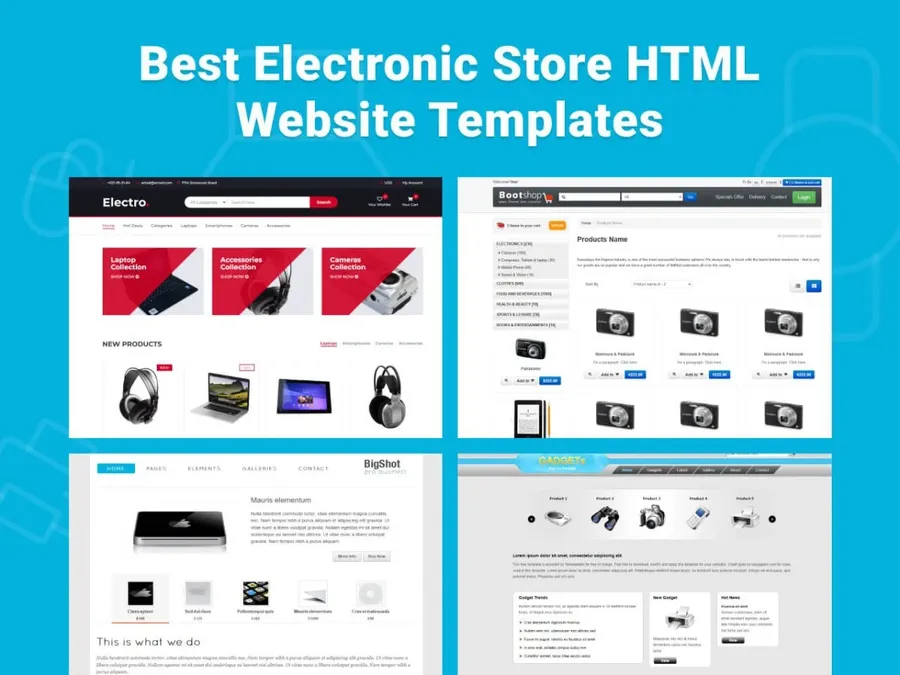
The landscape of online electronic component distribution is dominated by several key players, each offering distinct advantages and catering to various customer needs. This section provides a detailed comparison of major online distributors like Mouser Electronics, DigiKey, and Jameco Electronics, evaluating their strengths in terms of stock availability, website navigation, shipping options, and overall user experience. This analysis aims to guide users in selecting the most suitable supplier for their specific requirements.
| Feature | Mouser Electronics | DigiKey | Jameco Electronics |
|---|---|---|---|
| Inventory Breadth | Extensive selection, millions of parts, broad range of manufacturers. | Vast selection with a focus on newer and cutting-edge components. | Moderate selection, caters to both common components and educational needs. |
| Stock Availability | Generally excellent stock levels, quick turnaround on most parts. | High availability, known for timely restocking and reliable inventory data. | Stock can vary, some items may have limited availability, particularly niche parts. |
| Website Navigation | Robust parametric search, well-organized categories, efficient filtering options. | Comprehensive search functionality, detailed part datasheets, easy to use website. | User-friendly, good for beginners, slightly less advanced search capabilities than other two. |
| Shipping Options | Multiple shipping options available, including express, standard, and international. | Wide range of shipping options, including very fast delivery on in-stock items. | Standard shipping services, may have limited express options or international shipping. |
| Pricing | Competitive pricing, discounts available for bulk purchases or frequent customers | Competitive pricing, known for large volume and enterprise customers. | Generally affordable pricing, good for hobbyists and educational institutions on a budget. |
| Customer Service | Strong customer support including a dedicated support team. | Excellent and reliable customer service with technical support. | Good customer service with a focus on customer satisfaction. |
| Specializations | Excellent for prototyping, R&D, and production volume orders. | Ideal for rapid prototyping and technical engineering projects. | Suitable for educational projects, hobbyists, and smaller-scale applications. |
Local Electronic Supply Stores: Advantages and Disadvantages
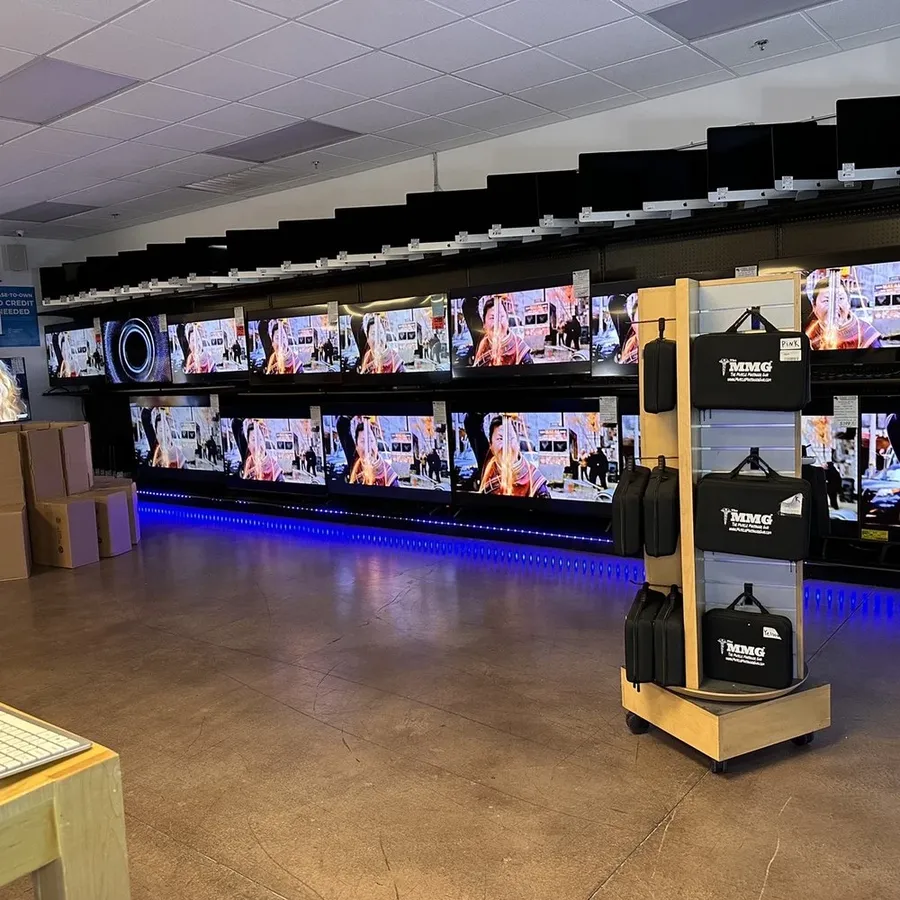
Local electronic supply stores offer a tangible alternative to online retailers, providing immediate access to components and the ability to physically inspect items before purchase. This direct interaction, however, comes with its own set of limitations, creating a unique trade-off compared to the expansive reach of online distributors.
| Feature | Local Electronic Supply Stores | Online Electronic Supply Stores |
|---|---|---|
| Inventory | Typically limited, may not stock specialized components | Vastly larger, greater access to niche components |
| Component Inspection | Physical inspection before purchase is possible | Visual inspection limited to online images, videos |
| Component Quality | Quality may vary, potential for lower-cost or unauthorized components | Generally higher, quality controlled through manufacturer's and distributors quality assurance |
| Speed of Availability | Immediate access for in-stock items | Shipping times can vary, potentially taking several days |
| Pricing | Potentially higher prices due to overhead and lower volume | Generally lower prices due to higher volume and lower overhead |
| Customer Service | Personalized service and immediate help | Online support through various channels such as chat, and email, etc |
| Return Policies | May vary, typically more convenient for local returns | Standardized, but return shipping required |
Examples of local stores include 'You-Do-It' Electronics, Elliott Electronic Supply, and similar establishments. These stores provide a valuable service for hobbyists and professionals who need components quickly, even if it means paying a small premium.
Key Factors to Consider When Choosing an Electronic Supplier
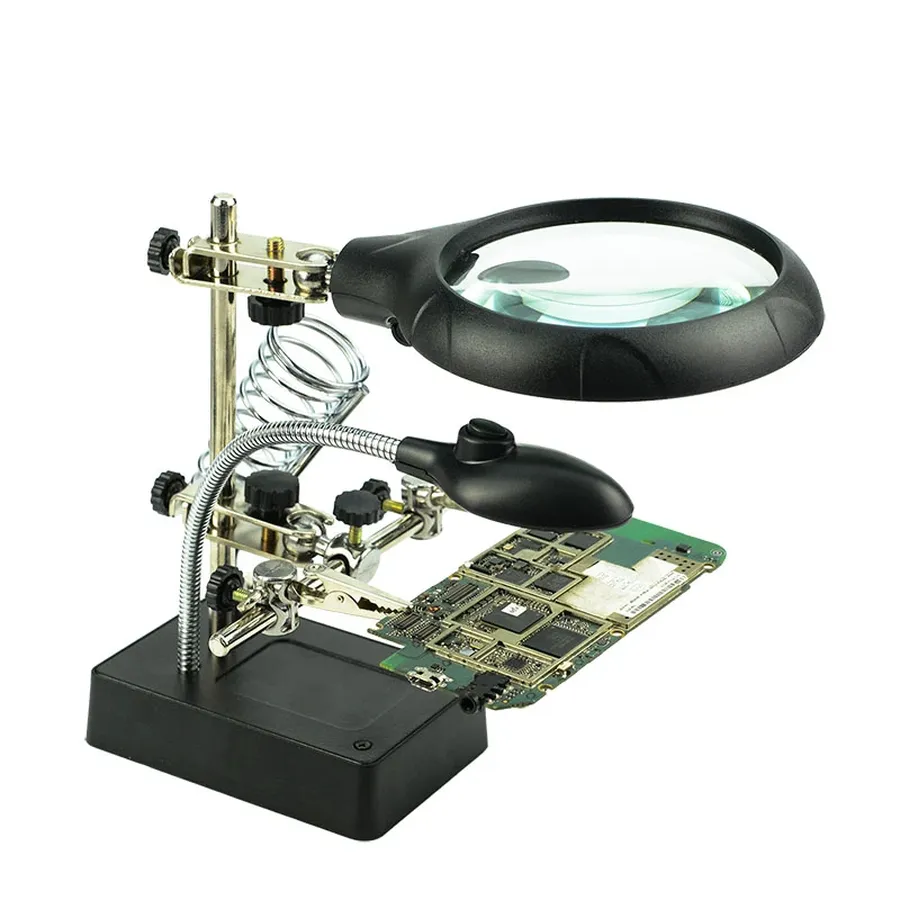
Selecting the right electronic component supplier is crucial for any project, whether it's a hobbyist endeavor or a large-scale manufacturing operation. The ideal supplier balances product range, service quality, and reliability. This section explores the key elements to consider to ensure you choose a provider that meets your specific needs and maintains high standards.
Specialized Electronic Supply Stores
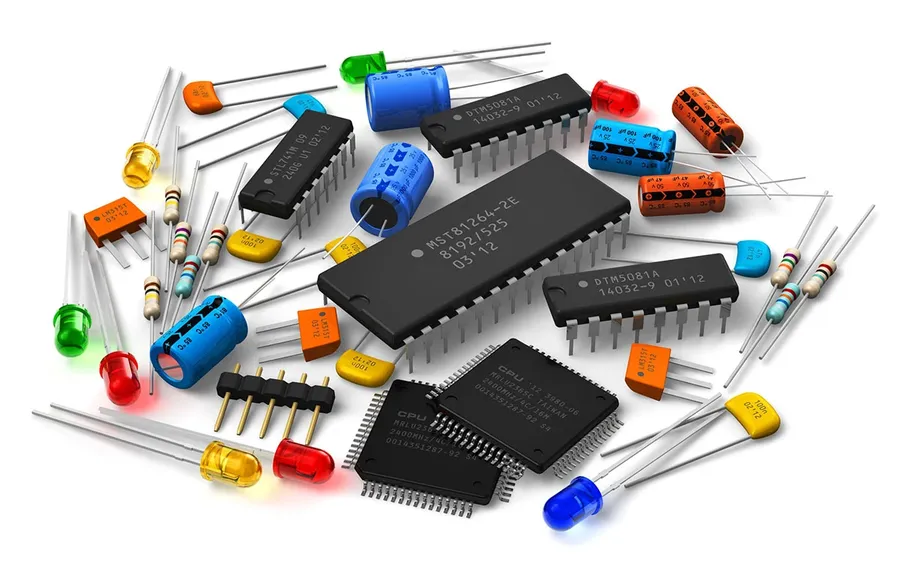
While many electronic supply stores offer a broad range of components, specialized stores cater to niche needs, providing components or products not commonly found elsewhere. These specialized suppliers are crucial for engineers, hobbyists, and businesses working on specific or unique projects, offering a curated selection of products and technical expertise.
Identifying a specialized supplier hinges on understanding your project's requirements. For instance, if you are working on an audio project, a dedicated audio supply store will likely provide unique and often high-quality parts designed explicitly for audio circuits, while a general component store may not carry the same specificity or breadth of selection.
Examples of specialized electronic supply stores include:
When dealing with specialized suppliers, keep in mind these points:
Frequently Asked Questions about Electronic Supply Stores
Navigating the electronic component market can be complex. This section addresses frequently asked questions to clarify common concerns and provide practical guidance for sourcing electronic components effectively.
- What is the difference between authorized and unauthorized distributors?
Authorized distributors source components directly from the manufacturer, ensuring authenticity and traceability. Unauthorized distributors, conversely, may obtain components from various sources, potentially including obsolete, counterfeit, or substandard parts. Opting for authorized distributors mitigates the risk of receiving non-compliant components and protects against supply chain vulnerabilities. - How can I find alternative electronic supply stores if a store does not carry a specific item?
If a store doesn't have a specific component, start by checking the websites of major distributors like Mouser, DigiKey, and Arrow. Utilize parametric search tools and cross-reference databases. If the part is still not found, try using online component search engines that scan multiple vendor inventories. Explore specialized suppliers that focus on particular niches or components. For discontinued parts, consider reaching out to surplus vendors or online marketplaces, being careful to verify authenticity and quality. - What should I do if I need custom electronic parts?
For custom parts, start by precisely defining your requirements, including specifications, quantities, and lead time. Then look for specialized manufacturers or suppliers who have design and fabrication capabilities. You might use online platforms like PCBWay, JLCPCB, or similar to prototype and produce small batch runs. If you need a larger number of parts, look at established custom manufacturing companies, and get in touch with them for quotes. - What should I do when I have a technical question about a component?
When facing technical questions about a specific component, first consult the manufacturer's datasheet and application notes, as they frequently answer common questions and technical specifications. If the datasheet does not resolve your question, then try the forums that are provided by vendors such as Mouser or DigiKey, these forums tend to have experienced technical experts that can help to resolve the questions. In complex scenarios, contacting the manufacturer directly might be necessary, or you can consult an electrical engineering professional. - How do I verify the authenticity and quality of electronic components?
Verification of electronic components should follow several steps. Start by inspecting the packaging, labels, and date codes for consistency and compliance with the manufacturer's guidelines. Whenever possible, purchase components directly from authorized distributors to reduce the risk of counterfeit parts. Conduct a visual inspection of the part for irregularities. Perform electrical tests on a sample of components to verify functional characteristics against datasheet specifications. Consider certifications and testing agencies for independent verification. - Are there any specific certifications or quality standards that I should look for when choosing a supplier?
When choosing an electronics supplier, look for certifications such as ISO 9001 (Quality Management System), AS9100 (Aerospace), and ISO 13485 (Medical Devices). These certifications indicate that the supplier adheres to specific quality standards. Also, consider compliance with industry-specific standards such as REACH and RoHS, which deal with environmental regulations and substance restrictions. Check if the supplier has a quality control department and practices continuous improvement programs. - What are some strategies for managing long lead times for electronic components?
To mitigate long lead times, strategic planning is crucial. Maintain a buffer inventory for essential components, consider alternative components that can be used in place of long lead-time parts, and continuously monitor lead times and update the demand forecasting. Establish relationships with multiple suppliers to diversify the supply chain and reduce dependency on a single source. If long-lead time parts are unavoidable, then try to place your order early to secure your position in the queue. Explore options for contract manufacturing and consider just-in-time (JIT) inventory management whenever possible.
The Future of Electronic Supply Stores
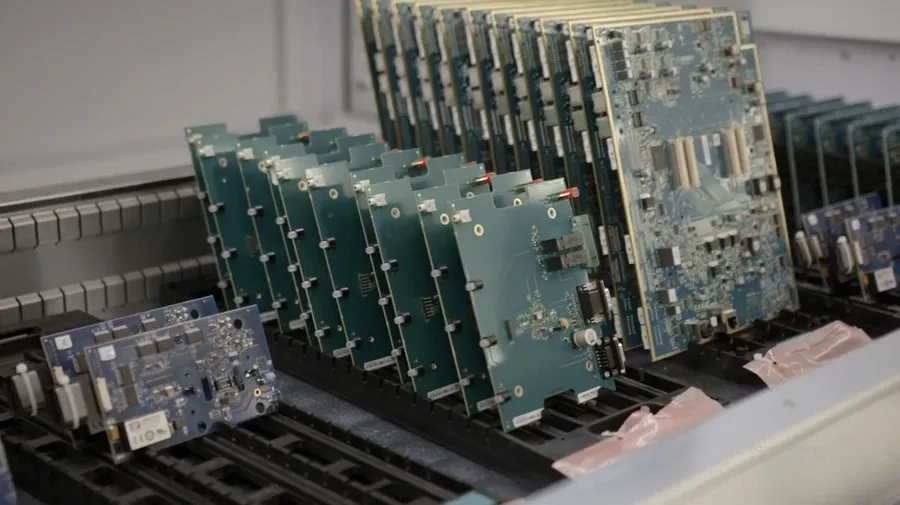
The electronic supply store landscape is undergoing a significant transformation, driven by the proliferation of e-commerce, advancements in global supply chain management, and evolving customer expectations. These factors collectively influence the availability, cost, and accessibility of electronic components for both individual consumers and businesses.
The rise of e-commerce has dramatically expanded the reach of electronic supply stores, allowing them to serve a global customer base. This has led to increased competition and, in many cases, lower prices. However, it has also introduced challenges such as increased lead times for international shipments and the need for robust logistics systems. The evolution of global supply chains also plays a critical role. As these chains become more complex and interconnected, they bring benefits in terms of sourcing a wider array of components and cost efficiencies, but also present vulnerabilities related to geopolitical instability and unexpected disruptions.
Another key trend is the increasing importance of online marketplaces. These platforms aggregate products from various suppliers, providing a convenient way for customers to compare options and make purchases. This shift also impacts smaller, traditional brick-and-mortar electronic supply stores, which need to adapt to stay competitive, perhaps by focusing on providing superior customer service, unique products, or specialized technical expertise. Moreover, the future may see an increase in the use of AI and machine learning to better personalize the shopping experience, predict demand and manage inventories more effectively. The traditional 'electronic supply store' is likely to evolve towards a more hybrid model combining online presence, enhanced customer service and streamlined supply chains, ultimately providing customers with more choice and convenience.
Finding the right electronic supply store is key to the success of any project. Whether you prefer the convenience of online retailers or the personal touch of a local shop, understanding your options is crucial. The best electronic supply store for you depends on the specific needs of your project, and where you fall in the continuum from a hobbyist to a major corporation with unique needs. By considering the factors outlined in this guide, from pricing to customer service, and leveraging the right 'electronic supply store', you can source the components you need to bring your ideas to life efficiently and effectively. Always double check to ensure the components you choose will work for your project.
 AnyPCBA
AnyPCBA